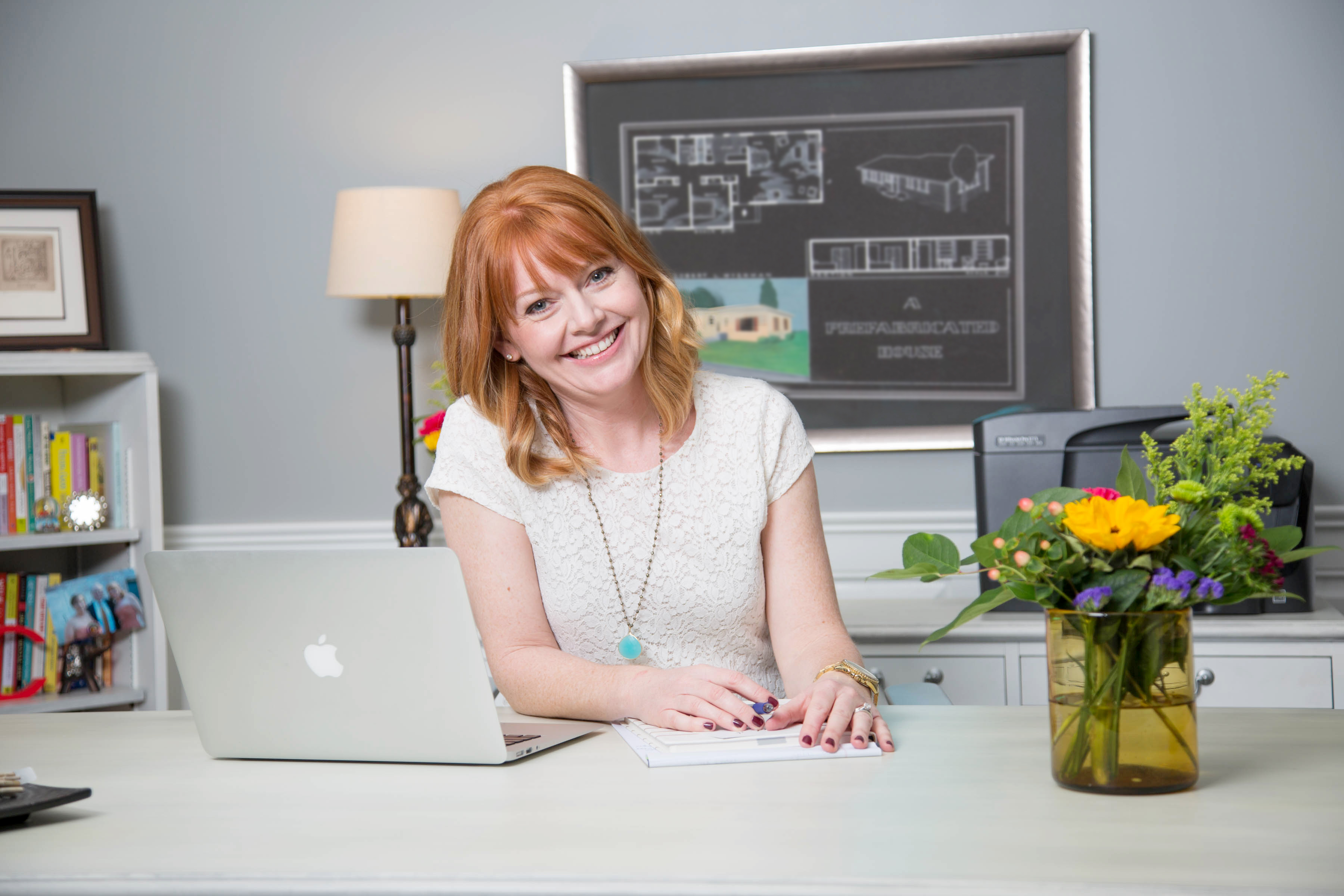The first time I got pregnant, it took a year and a half. I took a pregnancy test while hiding in a bathroom stall, under crappy fluorescent lighting, at a psych hospital – during my lunch break.
I was hiding there, hoping no one would walk in as I called my husband – so excited (and nervous) to share the news after so many months of disappointment.
We both wanted kids and were over the moon happy to be expecting our first.
Then one morning, early in the second trimester, I noticed some spotting. I called my doctor’s office – the nurse responded like I was being an overly anxious first time mom with some version of “it’s normal, relax.” But I just knew that something was wrong.
Why is that we have to fight so hard to advocate for ourselves? Even if I was an overly anxious first time mom, it would’ve been so nice to have someone reach out for my hand and help me to navigate the way versus just dismissing me.
It took multiple phone calls, in between client counseling sessions, before finally getting in to see the doctor late that afternoon. I sat there in that stark white cold room alone – hoping that they were right and that I was the one who had it wrong.
But that wasn’t the case.
The doctor came in smiling but within moments of seeing my baby on the monitor her face dropped – there was no heartbeat. I had fallen instantly in love with that baby and when the heartbeat stopped, I felt like mine did, too.
I’ve never in my life felt so broken.
Since it had taken all day to get in to be seen, I now had to wait until the next morning for a DNC. My husband came to pick me up and we were sent home to wait. Alone. Scared. Heartbroken.
That night was one of the hardest of my life. His, too. Sitting on the family room couch with our dog, looking out the window, praying for the next day not to come.
How exactly were we supposed to face our baby being gone forever?
My heartbreak. His heartbreak. Our family’s heartbreak.
It was all consuming. And isolating, too.
My miscarriage was treated like this routine thing that just happens – and from a medical perspective, maybe it is. But for me, for us, it was devastating – with no real way to move through all that pain.
Even as I write this 10 years later, I still feel the heartache.
Yes, so many people go through this. And yes, it was still fairly early – but 14 weeks is still 14 weeks. And none of that makes what happened any less traumatic.
There is so much loneliness with miscarriage. There are so many women who experience this devastating loss – maybe even experience it multiple times – and it’s just shoved down and moved through like a routine medical procedure.
But it’s a sadness that gets carried on forever, without a real way to process, honor or memorialize the baby you loved – whom you had hopes and dreams for – and whom you never got the chance to meet.
When my young niece asked me a few months later what happened to my baby, it took me by complete surprise. I just started to cry. What I wish I would’ve done is sat down on the ground next to her and tell her that my baby was taken up to Heaven before he had a chance to be born. That it broke my heart wide open, but that I’m so grateful she asked because it gave me a chance to remember and to talk about him.
Instead I turned away, trying to hide my pain and regain my composure. It felt like too much. And even though I wasn’t standing there alone, I felt like it, because instead of talking about the hard things, people get uncomfortable and try to hide them.
I now share my story openly because I remember how hurt and alone I felt. And I want people who have dealt with or are dealing with miscarriage or pregnancy loss to know – you are not alone.
Here are 3 tips to help:
1. Be okay with not being okay. I tried hard to keep it together, but the harder I tried, the more I felt like everything was falling apart. I avoided family and friends, so I wouldn’t have to constantly face other people having what I wanted and worrying I never would. I also stopped going to events where I might be asked about having kids so I wouldn’t have to lie all the time.
I did this because part of me felt like there was something wrong with me. Like I was damaged or broken. Like I didn’t deserve to be happy. But the truth is, life can be hard, messy and complicated sometimes.
Those times don’t mean anything about you. They don’t define who you are or what you deserve.
It’s just the way life goes. And when you can accept that as true, you stop resisting the experience that you’re actually having and you start to find your way through.
2. Feel how you feel. People would constantly try to make me feel better, saying things like “it’s all part of God’s plan” and “you got pregnant once you will again.”
It always made me feel worse – and really alone. I just wanted to be sad. Honestly, I didn’t really have the energy to feel anything else.
Once I gave myself permission to feel how I felt, and to not try to feel better for the sake of everyone else, I felt like I actually started to feel better. See, there are no rules with grief. You get to feel exactly how you feel – exactly when you feel it – regardless of how other people feel about it.
You are not in charge of managing other people’s emotions or comfort zones.
3. Start the conversation. Prior to my miscarriage, I kept my struggles with infertility mostly to myself, but afterwards I knew I couldn’t keep doing things as I had before – it was consuming me.
So I started to talk about it with a few people that I trusted, and I started to feel better. Not less grief, but less alone. More okay, more like myself.
I quickly learned that the people who I had been comparing myself to – who looked like they had everything I wanted and who I had avoided because I felt damaged – weren’t actually living picture perfect lives. That yes, they had kids but that they had other struggles as well.
And that while the details of our stories were different, a lot of the themes of loneliness and pain were the same. Sharing my struggles opened the door for us to have more genuine, real conversations. No more pretending, hiding or lying – just being yourself.
When you have people in your life that you can tell the truth to, you have a space where you can be the real you, and you also make it okay for others to be real with you!
It might be messy, awkward or imperfect, but you need to talk about the hard things you go through. You need to process how those things change you. You need to share your stories because it’s what opens the door for genuine connection. It’s what makes it possible for you to be seen as who you truly are.
You are strong and courageous. And life is also hard.
Your honesty, your openness let’s every single person around you know that it’s okay for them to show up in that same way, too. It lets those who hear you know that it’s okay to talk about hard things. To be imperfect. To live a messy life.
You being real and honest – showing up as your truest self in any given moment – paves the way for others to do the same. It’s part of your healing. It’s part of you living your life in a way that’s true to you.
And when it comes to miscarriage and pregnancy loss, there’s no greater gift that you could give to someone than to let them know – you are not alone!


